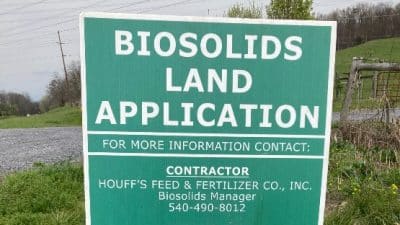
From rolling pastures with livestock to fields of corn to vineyard rows and farmers’ markets, if you’re driving through the sixth district the importance of agriculture is evident. In Virginia, there are more than 46,000 farms owned and operated by individuals and families. The economic impact of the agriculture industry is $52 billion dollars annually and provides nearly 311,000 jobs in the Commonwealth alone.
As we mark National Ag Day on Tuesday, March 25th, I hope that all Americans will take a moment to reflect on the tremendous contributions our nation’s agriculture industry has made to our economy, communities, and American way of life.
It is only fitting that while we honor the role of agriculture in America we also commemorate the 100th anniversary of the national Cooperative Extension System. The Cooperative Extension System utilizes the resources of Virginia’s land-grant universities, Virginia Tech and Virginia State University, to provide helpful information, education, and tools to assist agricultural producers, business owners, young people, and communities. I am a cosponsor of a resolution in the House of Representatives honoring the signing of the Smith-Lever Act of 1914 that established this system many of us benefit from daily.
Over the years, I have come to understand the significant challenges of farming in today’s environment ranging from natural disasters to burdensome federal rules and regulations. Too often we have seen proposals come out of a variety of federal agencies that would adversely affect our rural communities by increasing costs and making it harder for agricultural producers to make a living. Excessive regulations on the Chesapeake Bay Watershed create new mandates for farmers. Policies like the Renewable Fuel Standard have resulted in higher costs for livestock and food producers. A complex tax code is difficult to navigate.
Farming has never been an easy way of life, but it is essential to our economy, our national security, our health, and our prosperity. As Vice Chairman of the House Committee on Agriculture, I understand the importance of ensuring that the federal government does not make it even more difficult for American agriculture to continue producing abundant and affordable food and fiber products. The hard work and dedication of America’s agriculture industry is something to be celebrated every day. I hope you will join me in saying thank you.










